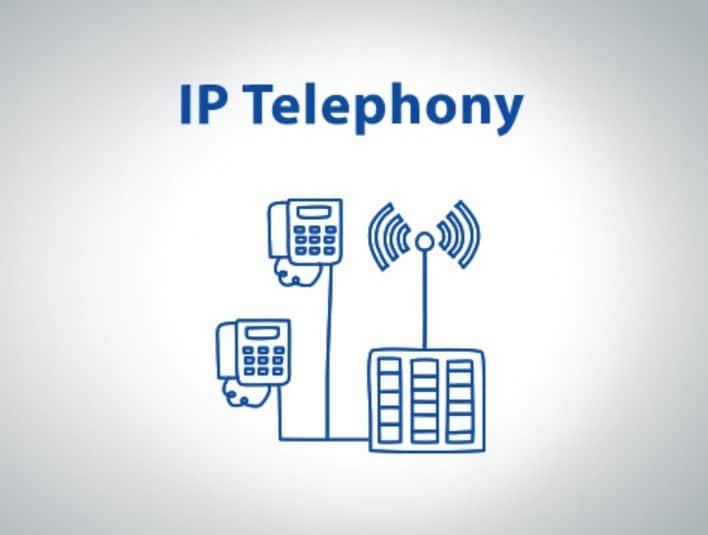IP telephony is a telecommunications technology that passes through the Internet. What are its advantages for businesses?
Internet telephony is now established in most businesses. It is opposed to traditional telephony, which passes through the switched telephone network, also called PSTN. IP telephony transmits voice, messages, fax, and video over a single Internet stream. Moreover, the initials IP stand for Internet Protocol.
This technology, which quickly became popular in businesses, is now widely used.
The advantages of IP telephony
If IP telephony is so popular with businesses, it is because it offers many advantages. First of all, from a purely financial point of view, it constitutes much lower monthly communication costs. In addition, companies do not need to invest a lot of money to set up this kind of system.
Internet telephony also offers the advantage of improving the internal life of the company. It simplifies communication between the different departments and facilitates administration. Since this technology does not require a lot of bandwidth, companies can link several sites together.
Finally, internet telephony brings more flexibility to the company. First, its operating principle associates a user with a set and no longer with a telephone line. Thus, employees can keep their phone numbers even if they change office if they are traveling or even teleworking.
How to switch to IP telephony?
If a business wants to switch to IP telephony, it’s very simple. First of all, you must contact your Internet service provider to determine if the connection delivered by the Internet box is powerful enough. To do this, contact the customer service of your ISP.
After completing this first step, you must select your professional package. The company manager will have to choose his telephone plan according to his geographical number, the possibilities of transfer, double call, or of fixed and mobile convergence.
Then, the telephone equipment must be replaced by compatible IPBX standards. The prices vary. After installing the hardware, the business can move directly to IP telephony technology. The advantage is that there is no interruption of service. In addition, the transition happens in a few minutes.
How does this technology work?
IP telephony is based on two different technologies. On the one hand, it can use a modem. This is the basic offer of Internet service providers. This phone-to-phone communication service is based on two gateways that convert data over an IP network. In this case, all you have to do is plug the phones into the modem for everything to work properly.
The second solution is to go through WiFi. Be careful, only a handful of ISPs offer this type of IP telephony service because this technology is a little less practical. The operation is based on using an internet box and compatible telephones. You have to connect the switchboards to the internet box using the wireless connection to make everything work.
Concretely, an IP telephone connects to the Internet network to access its IPBX network (Internet Protocol Private Branch eXchange). Then, to communicate with an external telephone, the IPBX network must connect to the operator network. To do this, it uses a SIP trunk. Thus, the IP telephone can make contact with any party.
The difference between IP telephony and VoIP
IP telephony and VOIP telephony, for Voice over IP, are based on the same operating principle. These two technologies use the Internet network to put two people in touch with each other. However, IP telephony is only one component of VOIP. Concretely, this technology brings together all the techniques that allow a voice to pass through the Internet. For example, Skype is a Voice over IP service.
In short, VOIP is not limited to the use of telephone, as is IP telephony. However, while the advantages of VoIP are numerous, its general principle is not sufficient for businesses. Indeed, the latter need to have physical telephones to be reachable. This is why IP telephony is more suitable.
VOIP technology can, however, be a complementary solution to corporations. For example, you can use it for internal or external communication with service providers. For this type of communication, a call system like Skype is more than sufficient. In addition, VOIP also brings advantages of flexibility, increased productivity, and reduced costs.

